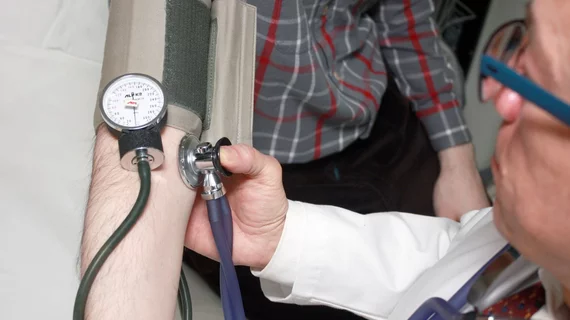Hospitals can only watch as big players move in on primary care
The primary care business is getting more crowded at the top, where the big money is.
Last week Blue Cross and Blue Shield of Texas announced it would partner with Sanitas USA to open 10 centers offering advanced primary-care services in Dallas and Houston.
This week Forbes healthcare analyst Bruce Japsen suggested the move should worry hospitals and health systems already concerned about healthcare’s gatekeepers working under big drugstore chains and investor-backed payers.
“Health insurers are moving away from fee-for-service medicine to value-based models that pay medical care providers based on quality of care and health outcomes of patients,” Japsen wrote. “If providers and insurers are even more integrated, supporters of such arrangements believe quality and costs can be more closely monitored.”
He noted the centers in Texas will include urgent care, lab and diagnostic imaging services, wellness and disease management—and some will take walk-ins 365 days a year, welcoming patients who would otherwise go to a hospital ER.
Japsen also found patients cared for in Sanitas clinics in Florida had 32% lower hospital admission rates in 2018.
Read the whole thing:

